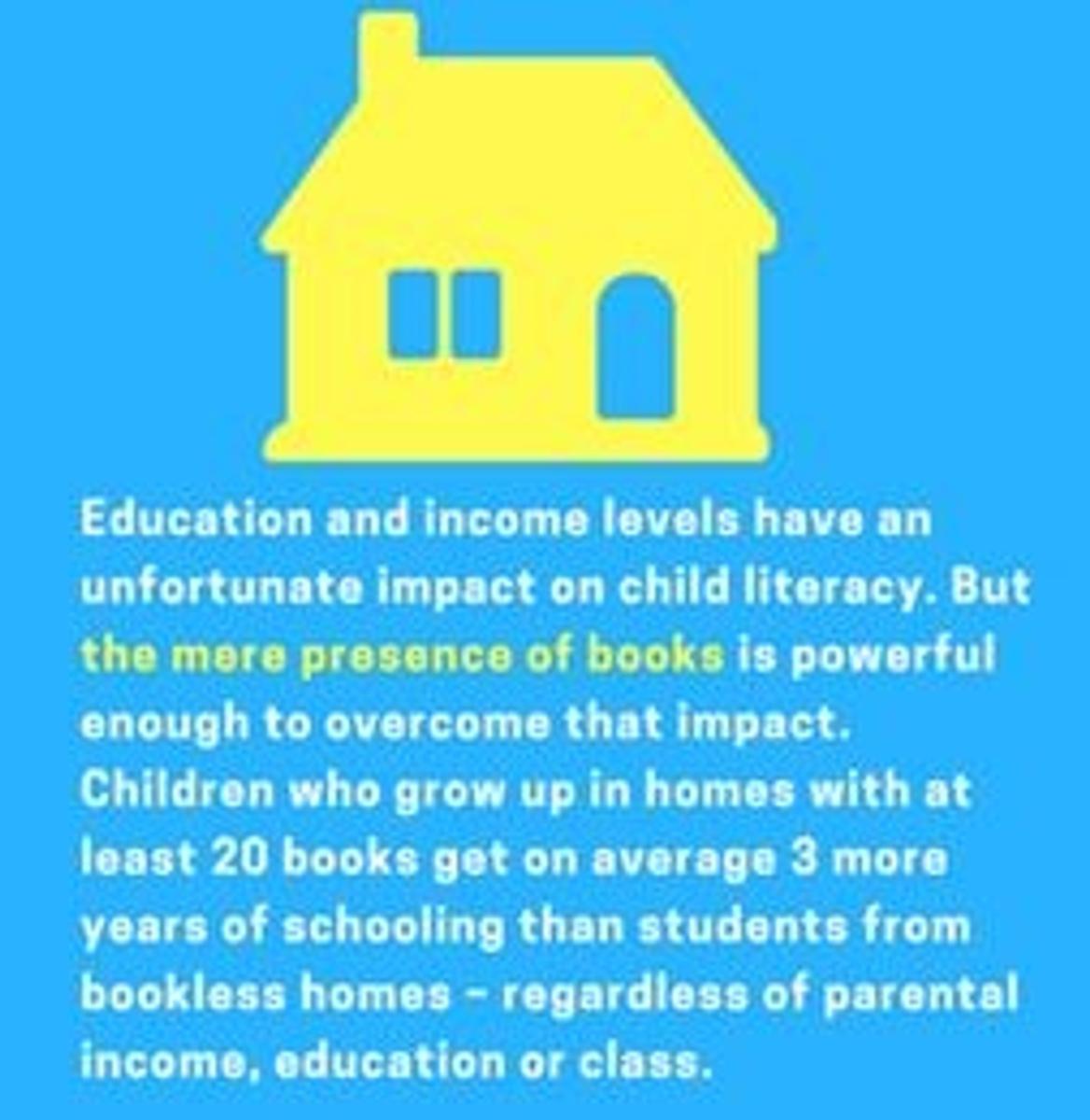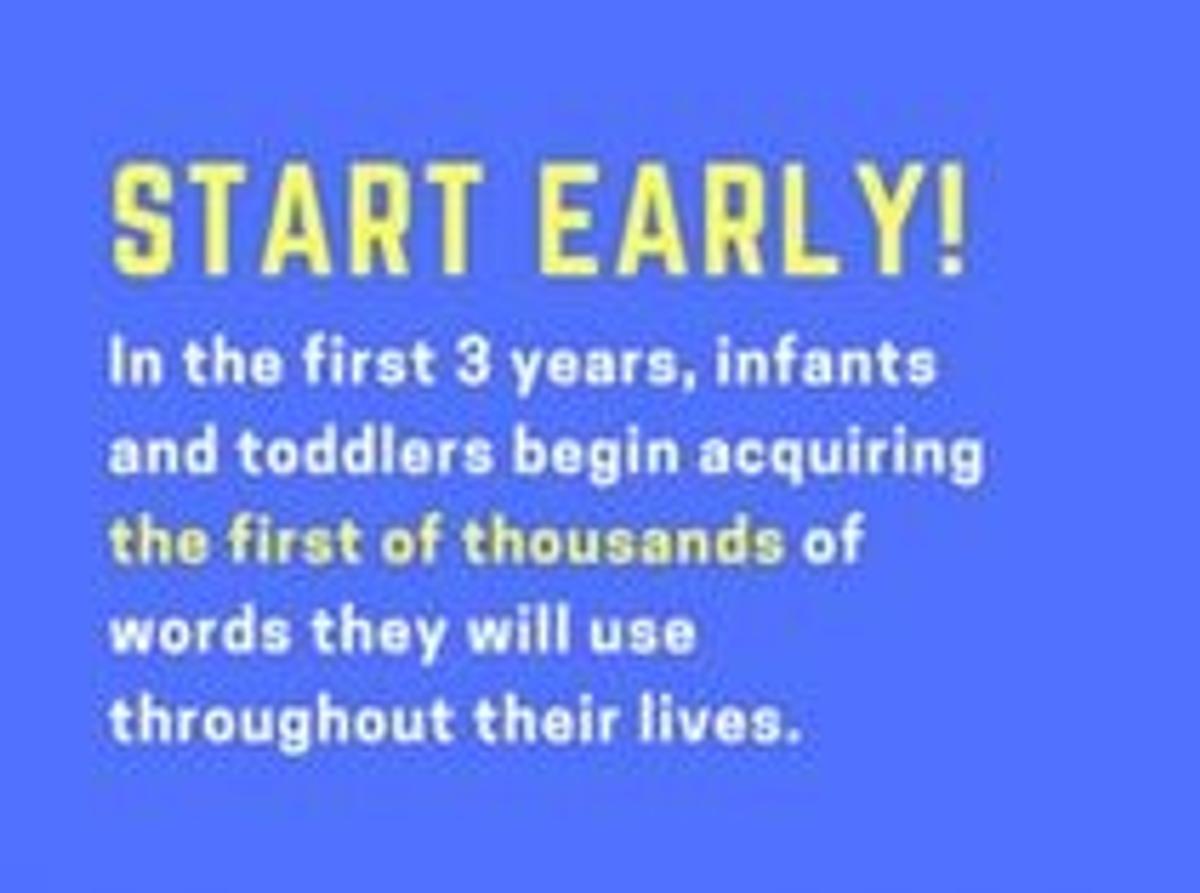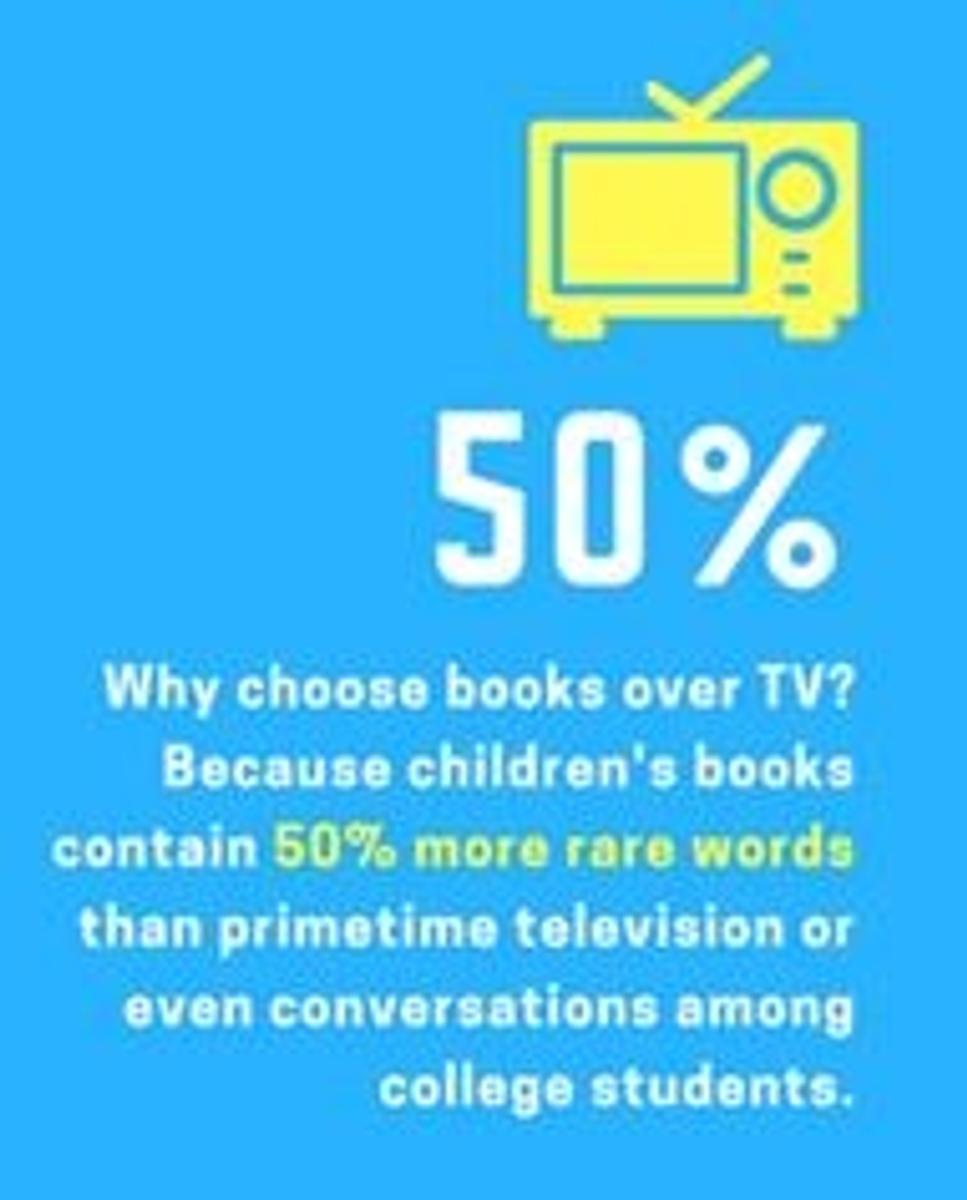From The
Assistant Principal

From The
Assistant Principal
Do you read to your child every day?
If you only have time in your day for one thing, make it 10 minutes enjoying a book with your young one.
Did you know…
1. A child needs to hear 1000 stories before they will learn to read.
2. Books contain 50% more rare words than prime-time television
3.The child who knows four nursery rhymes by age four will naturally be a better reader by age eight.
4. 50% of words in the English language can be sounded out phonetically while the other half you just need to recognise when reading.
5. A child needs to hear a word 250 times before they will remember it
It’s crucial, now more than ever, that parents take the time to read to their kids. Books create discussions which builds upon the child’s vocabulary and world knowledge.


Reading to Young Children: A Head-Start in Life
The research sets out to explore the connections between parents reading to their young children and their child’s later reading and other cognitive skills.


Key Findings
The frequency of reading to children at a young age has a direct causal effect on their schooling outcomes regardless of their family background and home environment.
· Reading to children at age 4-5 every day has a significant positive effect on their reading skills and cognitive skills (i.e., language and literacy, numeracy and cognition) later in life.
· Reading to children 3-5 days per week (compared to 2 or less) has the same effect on the child’s reading skills at age 4-5 as being six months older.
· Reading to them 6-7 days per week has the same effect as being almost 12 months older.
· Children read to more frequently at age 4-5 achieve higher scores on the National Assessment Program – Literacy and Numeracy (NAPLAN) tests for both Reading and Numeracy in Year 3 (age 8 to 9).
· These differences in reading and cognitive skills are not related to the child’s family background or home environment but are the direct result of how frequently they have been read to prior to starting school.
This research is a result of a partnership arrangement between the Department of Education and Early Childhood Development and the Melbourne Institute of Applied Economic and Social Research.


Do your child a favour and read Mem Fox’s 10 Read –aloud Commandments. (A short read for astounding results). https://memfox.com/for-parents/for-parents-ten-read-aloud-commandments/
Your child will grow from it. Scrolling pictures reference: www.ferstfoundation.org/resources/fisty-top-literacy-statistics
Why Shared Reading?
Research has found that shared reading experiences between parents and children are highly beneficial. The benefits of shared reading include facilitating enriched language exposure, fostering the development of listening skills, spelling, reading comprehension and vocabulary.
Shared reading also fosters positive attitudes toward reading.
When parents read aloud to children, it is also beneficial for their cognitive development, with parent-child reading activating brain areas related to narrative comprehension and mental imagery.
Enjoyable shared reading experience at home can help to turn our children into life-long readers.
This research suggests that we should not stop reading with our children just because they have learned to read independently.
We should continue reading with our children until they no longer wish to share reading with us, ensuring that these experiences are enjoyable, as they can influence children’s future attitudes toward reading, as well as building their confidence and competence as readers.
It is worth the effort to find time to share this experience with our children in the early years and beyond.


Chellee Plumb